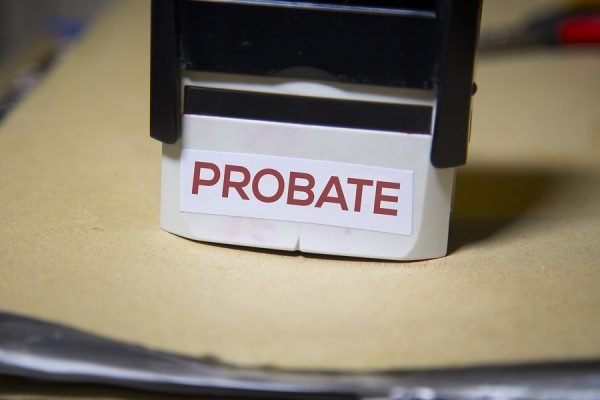
Trust and will cases are heard in Probate court and there are some strange rules that apply. The rules can be hard to master because some rules for filing and pleadings are contained in the Probate Code while others are taken from the Code of Civil Procedure. This hybrid of rules makes for a lot of confusion. Add to that the different customs and practices of different counties throughout California, and it can be a daunting task to just get your lawsuit on file with the court.
For example, most probate matters do not require a summons to be issued (whereas all civil complaints require a summons). But wait, there are times when a summons must issue in probate too: when filing a will contest complaint or a Probate Code section 850 petition (but only in some counties).
In civil court, you have to attach a proof of service to every document you file with the court, but in Probate that only applies to responses and objections. Instead, you file your petition in Probate Court, and then a hearing date is assigned to that matter. Notice of the hearing date is then served on the parties using Legal Solutions form DE-120 (or DE-121 to service notice of opening a probate estate). In the case of objections and responses, you can either attach a proof of service or use the DE-120 form, most courts will accept either.
And don’t forget to write a check. Most counties in California have substantially increased the cost of filing fees, reaching close to $500 per filing….ouch! You can apply for a fee waiver if you meet the requirements for that, but few do.
And once you get your matter filed, don’t forget to calendar the hearing date and check for the probate notes prior to your hearing. In Probate, the court will review your petition and let you know if there are any procedural deficiencies before the hearing. You can usually find probate notes on the court’s website.
Happy filing!
